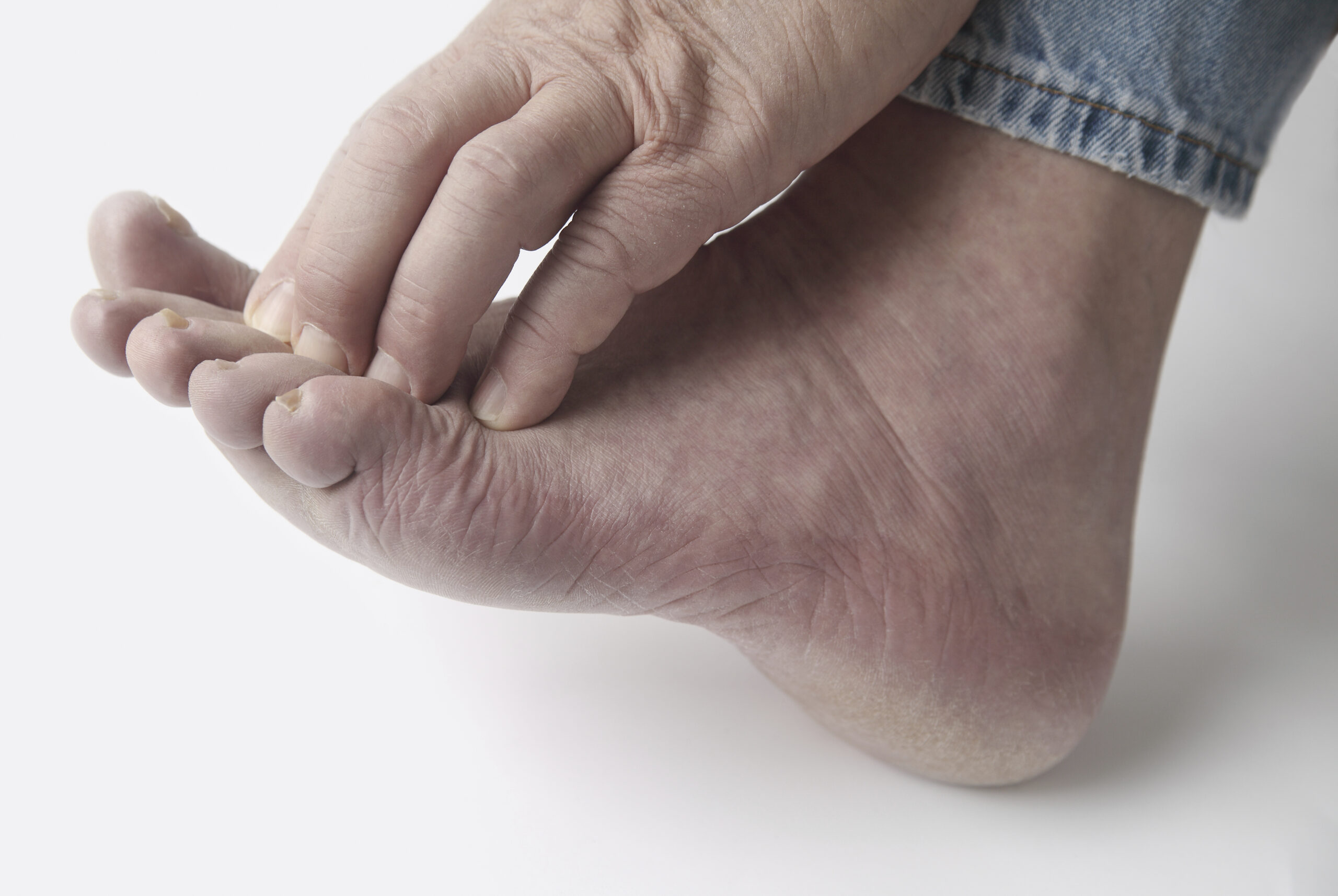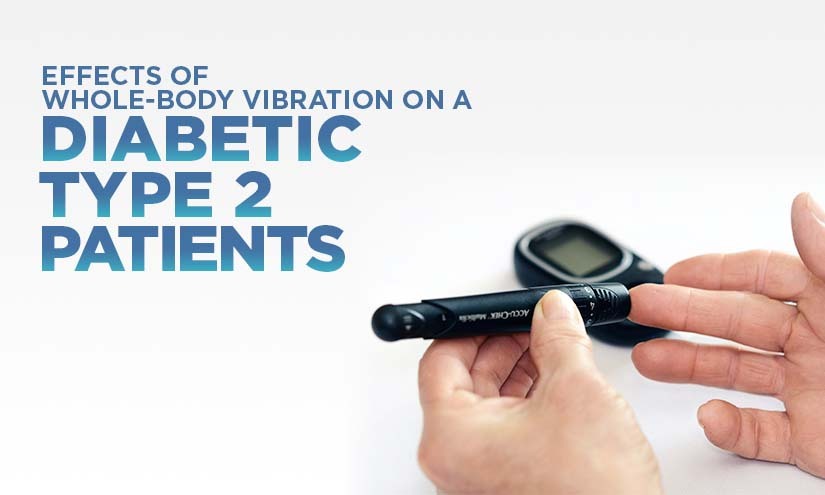Do Placebos Really Work? Studies Show Amazing Effects
The human mind has an incredible power when it comes to prompting the body to perform actions we’re unaware about. All the processes that take place inside the human organism are coordinated by the nervous cells, and the chemical substances that are released inside the brain can change our mood and behavior at a glance.
All our reflexes are the result of nerve impulses transmitted to tissues and organs, and all the substances produced inside the brain have an impact on our bodies. The runner’s high for example occurs after strenuous exercise, as a result of increased endorphins levels. Our body is extremely responsive to such chemicals.
However, studies have proven several times that the brain can be tricked into thinking that something has happened, or that a specific sensation has been experienced – this explains the Placebo effect.
What Are Placebos?
A placebo is an inactive substance or treatment, such as a sugar pill, or a sham procedure. A placebo looks and feels like regular treatment, so the patient receiving the pill or procedure experiences the same sensations as with regular therapies, and may even see an improvement in symptoms even though no actual treatment is administered.
Placebos have been proven to be effective in almost all areas of medicine, people with depression, pain, Parkinson’s disease, inflammatory disorders and other such conditions benefiting from these sugar pills in disguise or sham therapies. But why would a physician want to prescribe his patients a placebo instead of an actual drug?
Why Are Placebos Used?
Unlike standard treatments, placebos often have no side effects at all, and they work just as well as conventional drugs or therapies, studies show. So the advantage in using placebos is that you can heal a disease or at least relieve some of the symptoms while avoiding any form of invasive treatment.
A meta-analysis published in the PLoS Medicine journal for example showed that placebos can be just as efficient as antidepressants, but produce fewer adverse reactions, so they’re preferable to the more invasive drugs.
What makes these fake pills and sham treatments work? Most probably, the patient’s strong belief that once a treatment is administered, their symptoms will go away. What’s even more amazing is that the simple thought that you’ll receive a drug that can make you feel better by prompting the brain to produce more endorphins. Given that these substances act like painkillers, it’s very likely for symptoms to be relieved even before the placebo is administered.
However, scientists think that placebos might only exert their effects on one’s perception of the illness, and not on the real illness. In other words, it is possible for one to experience less pain after taking a placebo, because the brain is prompted to produce chemicals that reduce pain, decrease the stress level and make one feel better, but this doesn’t mean the pain’s trigger was treated, if the cause was physical. One can achieve relief from irritable bowel syndrome symptoms with placebo, but the ailment is still there.
There’s still much to learn about the placebos, and the way they influence one’s mind and body. Although these sham treatments and sugar pills can’t cure all diseases, they can surely be a useful tool for people dealing with depression or other such conditions.















